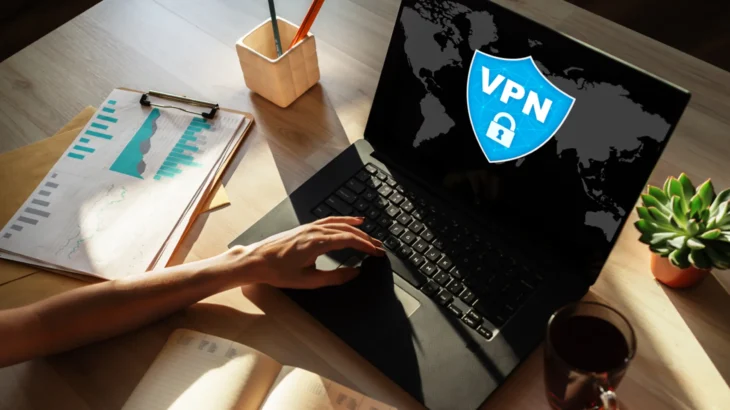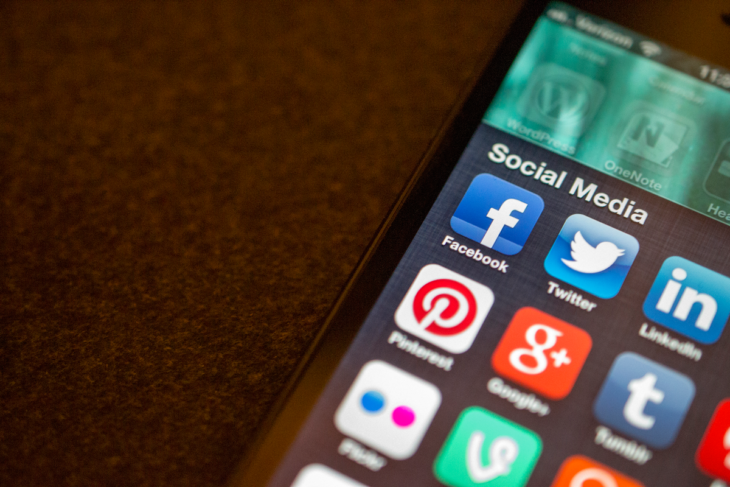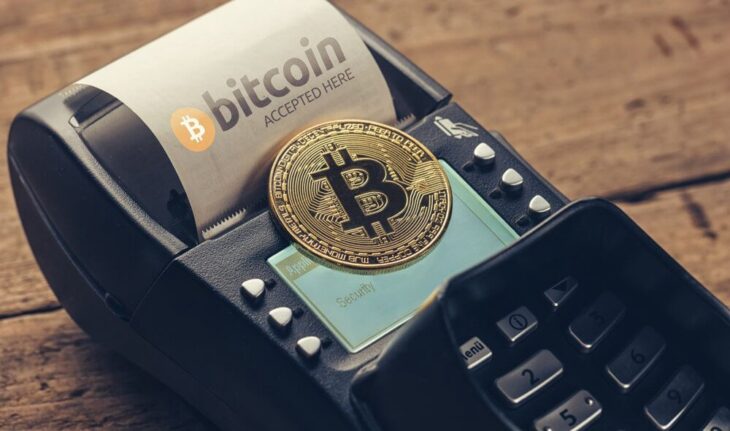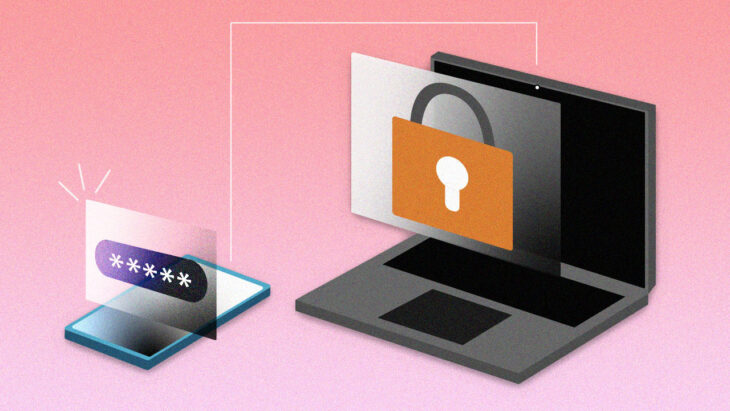Online privacy is slowly becoming a luxury that not many of us can offer nowadays. Every company wants to own your data in order to draw conclusions and optimize their content and products, which they will later on attempt to sell you as well as others with similar interests.
Not only that but online crime and identity theft cases have also risen in the last couple of decades, due to the swift progression of technology. This evolution has, consequently, made online security and privacy a mirage, greatly longed for and demanded by every member of our society as we all want to have ourselves be protected along with making sure that our data and private information are both safely stored.
There are many alternative solutions that you can employ in order to protect yourself online. The following are just a handful of useful and proven suggestions.
Contents
- 1. Consider using a VPN while you are online
- 2. Share less information on social media
- 3. Use privacy-oriented software
- 4. Think about paying using cryptocurrencies
- 5. Meticulously check websites for an active SSL certificate and third-party cookies
- 6. Implement two-factor authentication for your user profiles
- Can you really protect your privacy?
1. Consider using a VPN while you are online

Source: howtogeek.com
A VPN, short for a virtual private network, helps protect you and your personal data by encrypting your connection and routing your traffic through a special VPN tunnel, the main purpose of which is to hide your personal information, identity and location.
You need to especially consider using a VPN when connecting to a public WiFi network, as it can prevent hackers from gaining access to your browser and session.
As a side-benefit to utilizing a virtual private network, you have the ability to gain access to geo-restricted content and avoid censorship. This is particularly useful if you want to stream content from another country or be able to load specific text, documents and general information that are not supported in your country of residence.
Of course, this technology does not come without its setbacks. There have previously been cases where VPN service providers have actively and deliberately collected user data even though they have said that they would not do so. Because of this, you now need to carefully conduct your research prior to making the final choice when it comes to selecting a VPN service.
Additionally, the further away you are from your desired server in terms of location, the greater the latency is going to be. This means that if you are trying to connect from let’s say Spain to a server in the Philippines, you will experience some network delay, which in some cases can negatively impact your user experience, but this is to be expected given that the traffic needs to go from one point to another.
Furthermore, users of a single VPN service usually share an IP address between each other. This can on some occasions result in the IP becoming restricted or even banned if some users decide to engage in suspicious or illegal activities.
One solution to the majority of these problems is to invest in a dedicated VPN server. For example, VPSBG offers their clients a completely transparent, private VPN server supplied with a unique and dedicated IP address. This is extremely useful as it limits the overall number of problems and issues that could surface as a consequence of someone else’s actions, allowing users to be completely independent.

Source: en.wikipedia.org
Information is king in our society and personal data is the most lucrative item when it comes to online hackers. The abundance of information that is readily available on different social media platforms is quite honestly absurd. That is why these platforms have a reputation of being the first place where criminals and hackers seek to traverse should they need to obtain any personal information.
In addition to hackers, web scraping has also been coming in hot over the past years. Large companies and market giants have been carefully designing and crafting bots that crawl and collect public information from user profiles on different social media platforms. And while some platforms have managed to prevent this, web scraping can still be exploited as a viable technique to obtain small datasets and general information.
In order to protect yourself, try sharing less personal data (including photos) that can provide private or sensitive information that can be easily capitalized on. Also, make sure to turn off location tracking on all of your devices – you would be surprised to learn how much personal information they can collect (especially if you use technologies such as smart watches that can even track your vitals). Such sensitive data can reveal divergent patterns such as your daily routine, your trip to work, even who your friends and family are, where you meet and what their interests are.
3. Use privacy-oriented software
Another action you can perform to protect yourself and your data is to substitute mainstream popular software for its more privacy-protecting alternatives. For example, instead of using traditional email clients, you can download and try using Thunderbird or ProtonMail as they both encrypt incoming and outbound messages, significantly reducing the risk of information falling into the wrong hands.
In terms of web browsers, you can try using Brave, as it offers ad removal, cookie blocking and focuses on protecting user privacy and identity.
4. Think about paying using cryptocurrencies

Source: medium.com
Crypto has slowly been incorporated in our society and even though there are still those who refuse to accept it as an alternative payment method, most service providers and retail companies have begun to welcome such payments. Additionally, using cryptocurrencies to pay for your services means that your transactions will be securely stored in the blockchain, which makes information incapable of being leaked or stolen, ultimately helping you to preserve your anonymity.
Whenever you open a webpage, you need to look out for the padlock icon that will appear on the left of the URL field. If you see it, that means that the webpage you are currently on has an active SSL certificate, which is primarily used to encrypt your information and safely exchange it with the given website, without the risk of it leaking or falling into a hacker’s grasp. You need to be especially watchful of this certificate when you are about to make a purchase for an item or service online, or when you are inputting sensitive and private information.
Furthermore, make sure to check whether a given webpage uses any suspicious third-party cookies from an unknown source. Those might be an indication of potential inappropriate activity or data-collecting with malicious or monetary-gain intents. We do want to specifically emphasize the words ‘suspicious’ or ‘unknown’, as there are many websites that utilize famous and rightfully-implemented cookies.
6. Implement two-factor authentication for your user profiles

Source: pcmag.com
Two-factor authentication – 2FA, requires you to provide an additional security code as a second identification method in order to prove that you are the owner or holder of the account, device, item or application. This technology is now being widely incorporated into most fields and having it enabled can protect your personal information and privacy. Google Authenticator is a very good example of a free 2FA application that you can use.
Can you really protect your privacy?
Protecting yourself is absolutely crucial in today’s day and age as the number of online cyber crimes is constantly increasing. You need to take the appropriate actions and protect yourself before falling victim to a hacker or having your data sold.
We hope that you will consider implementing some of our mentioned suggestions. However, this list is far from complete and there are many different actions you can do and decisions you can make to help you protect yourself and your privacy while being online. Because of this, make sure to conduct your own personal research on some other privacy-protecting tactics and ensure that you begin to apply them to your everyday lifestyle as soon as you can so that you can be sure that you will be protected at all times regardless of your location, device or the website or application you are visiting or using.
